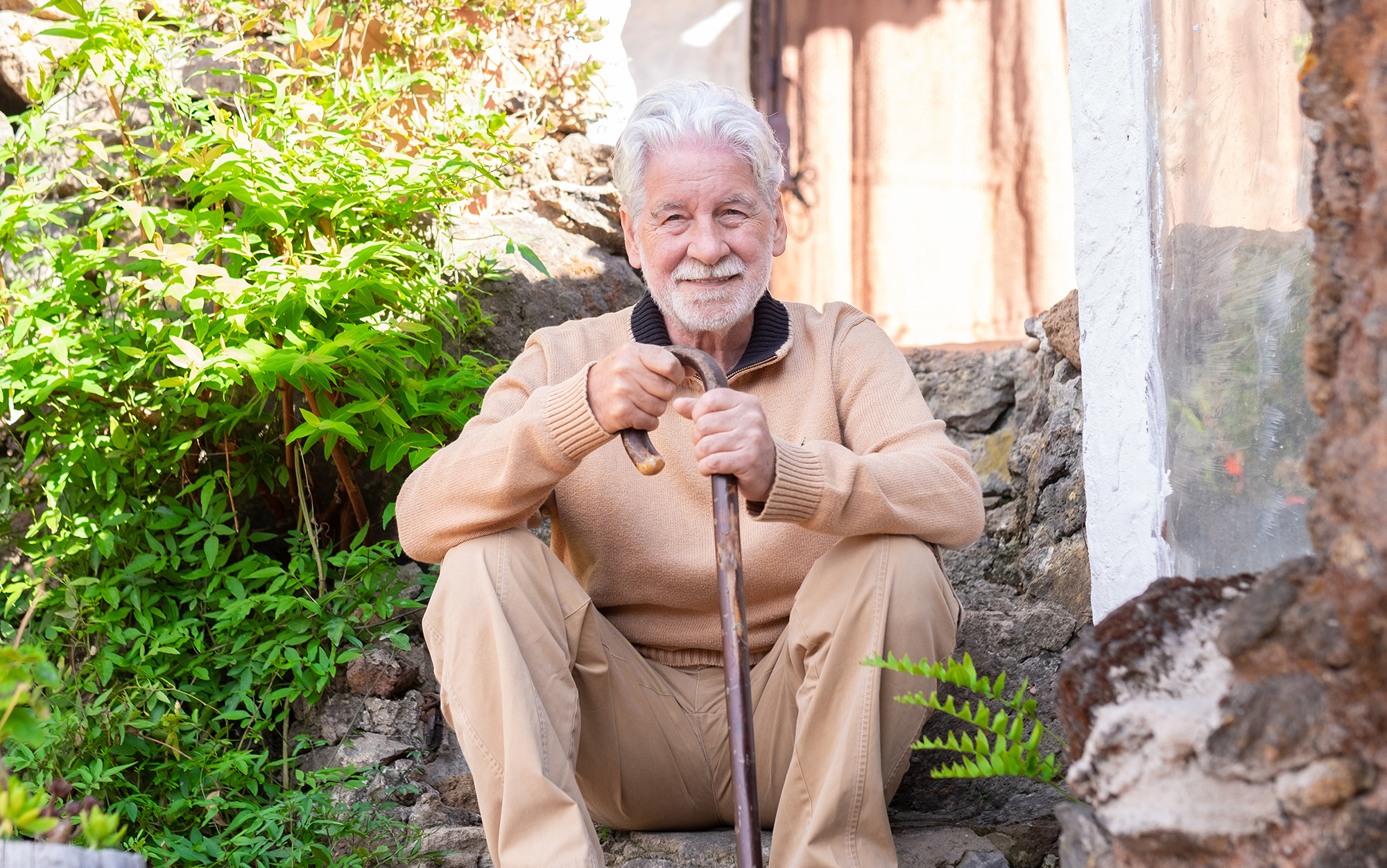Meeting the Most Vulnerable Where They Are
Street Outreach works hand in hand with Centralized Housing Intake. Its goal is to connect individuals defined as chronically homeless with services that eventually allow them to secure permanent housing.
Street Outreach efforts proactively seek all unsheltered individuals in the Western Virginia Continuum of Care geographic area, including people living in encampments or tent cities. Outreach is not limited to serving only persons seeking assistance. All outreach is person-centered and emphasizes building rapport and trust to help people obtain housing with appropriate services.
Find Out Who Is Eligible
Unsheltered individuals or households who lack a fixed, regular, and adequate nighttime residence are eligible for Street Outreach. These individuals or families use a primary nighttime residence that is a public or private place not meant for human habitation. Such locations include but are not limited to a car, park, abandoned building, bus or train station, airport, or camping ground.
Check Out Available Services
Engagement and housing-focused case management includes activities to locate, identify, and build relationships with unsheltered households experiencing homelessness. Case management also evaluates the cost of assessing housing and service needs as well as arranging, coordinating, and monitoring the delivery of individualized services.
Engagement and housing-focused case management services include:
- Connecting with a centralized or coordinated assessment system;
- Actively connecting and providing information and referrals about programs targeted to people experiencing homelessness, including mainstream social services and housing programs;
- Purchasing items for those experiencing unsheltered homelessness that they need to access housing, such as covering the cost to secure required forms of identification;
- Conducting and documenting an initial assessment of needs and eligibility;
- Providing crisis counseling;
- Addressing urgent physical health and safety needs of unsheltered households such as purchasing as meals, toiletries, or blankets;
- Completing a strength-based assessment of housing barriers and creating corresponding individualized housing and service plans;
- Helping clients overcome immediate barriers to obtaining housing; and
- Monitoring and evaluating client progress.

